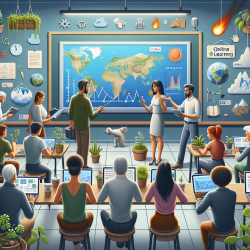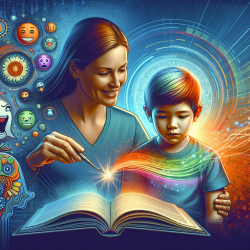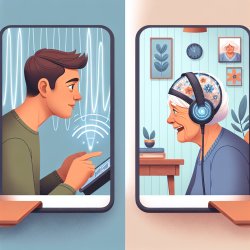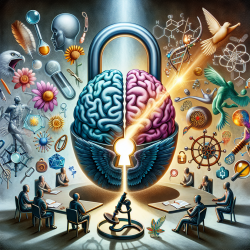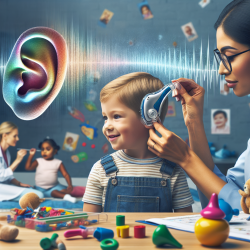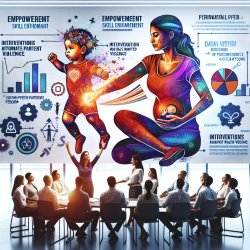Introduction
As climate change continues to impact the world, its effects on education systems are increasingly evident. The research article "Teaching, Learning, and Climate Change: Anticipated Impacts and Mitigation Strategies for Educators" highlights the dual role of educational institutions as both victims of climate change and as crucial players in the fight against it. This blog explores how practitioners can improve their skills by implementing the outcomes of this research, focusing on behavioral science strategies to enhance educational resilience and effectiveness.
Lessons from the Pandemic
The COVID-19 pandemic has served as a precursor to the disruptions climate change may cause in education. School closures and the shift to online learning have highlighted vulnerabilities in current educational practices. These disruptions have led to significant learning losses, particularly in reading and mathematics, as well as exacerbated social inequities. The pandemic has shown that schools must be prepared for similar challenges posed by climate change.
Behavioral Science in Education
Behavioral science offers valuable insights into improving educational outcomes and resilience. Key strategies include:
- Direct Instruction (DI): This empirically validated approach ensures effective teaching within limited timeframes, crucial for minimizing learning losses during disruptions.
- Precision Teaching (PT): By focusing on fluency and mastery of foundational skills, PT helps students retain knowledge even during extended periods away from traditional classrooms.
- Curriculum-Based Measurement (CBM): Frequent assessments allow educators to monitor student progress and adjust instruction as needed, ensuring learning continues despite disruptions.
Preparing for Increased Online Instruction
As climate change may lead to more frequent school closures, educators must be ready for increased online instruction. Practicing online learning skills, similar to fire drills, can prepare students for virtual classrooms. Key skills include:
- Typing and basic computer navigation
- Using online learning platforms
- Engaging in virtual discussions and assignments
Integrating Climate Change Education
Educators should incorporate climate change topics across all subject areas to prepare students for a sustainable future. Building a school culture of sustainability involves:
- Teaching climate change in all subjects
- Promoting critical thinking skills to evaluate information and engage in sustainability efforts
- Encouraging skilled consumption to reduce resource-intensive behaviors
Conclusion
The integration of behavioral science strategies into education can enhance resilience against climate change impacts. By adopting these methods, educators can ensure that schools not only survive but thrive in the face of environmental challenges. To read the original research paper, please follow this link: Teaching, Learning, and Climate Change: Anticipated Impacts and Mitigation Strategies for Educators.
